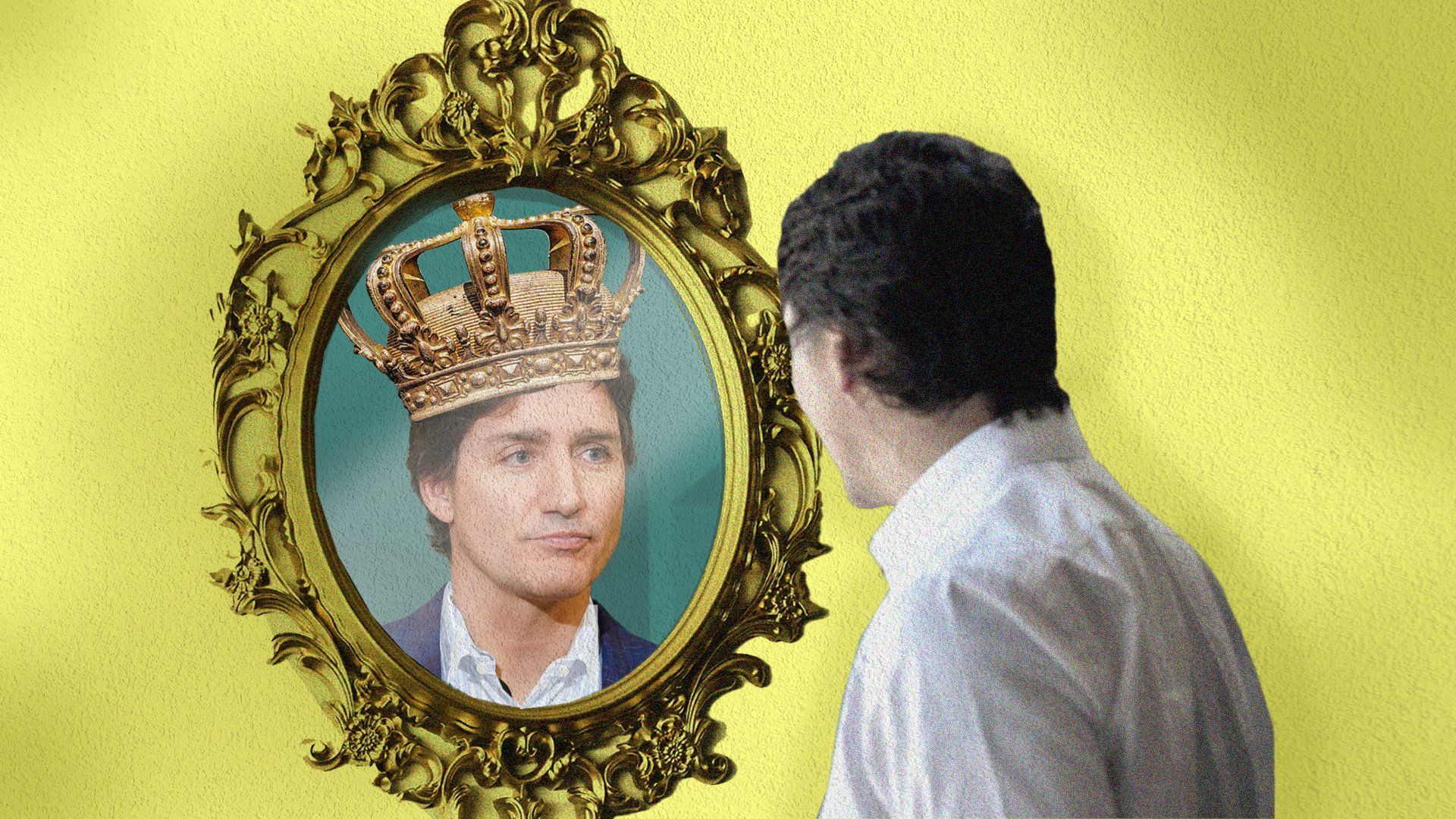May 23, 2024
When Prime Minister Justin Trudeau went to Port Colborne, Ontario, last week for a good news announcement about an EV battery plant, he probably expected to get a bit of credit for it. Instead, a reporter reminded him that he’s 20 points behind the Conservatives in the polls.
“The public appears to have an overwhelmingly negative view of you personally,” Globe and Mail reporter Laura Stone said, “and you seem to have lost control of the conversation on some of the key issues that Canadians care about. I think the public might be looking at you and your position right now and thinking ‘For the good of the Liberal Party, why is he staying on?’”
Stone said what many think. Trudeau has been trailing Conservative Pierre Poilievre in the polls for so long that an aura of inevitability has settled on his opponent. And this spring’s budget, full of carefully conceived and artfully presented measures, did not appear to impact the public mood.
Polling shows that while the public approves of measures in the budget — including billions for housing and help for those struggling with the cost of living — voters were unimpressed by the whole package.
Failing to reboot
So if the problem isn’t the message, is it the messenger? In-depth polling shows that Canadians are not that enthusiastic about Poilievre, who many see as dishonest, even deceitful. But still, they have had it with Trudeau.
Whether former supporters have turned on the prime minister because of his mistakes or as a result of right-wing efforts to tarnish his name, it doesn’t matter. If the Liberal Party doesn’t show Trudeau the door, Canadian voters will next year.
Yet, Trudeau shows no sign of going anywhere. He publicly relishes the prospect of facing Poilievre in an election. And since the modern Liberal Party of Canada is Trudeau’s creation, it is unlikely to force him out. When he took over in 2013, the party was in third place, behind the socialist NDP, and going nowhere. Trudeau brought it back from the brink, partly because voters knew him as a child when his father Pierre was prime minister.
His policies have faced opposition
That connection has since worn out. During the pandemic, he alienated anti-vaxxers and libertarians. His environmental policies have caused simmering anger in the oil patch. Across the country, there is a widespread sense that he has failed to grasp cost-of-living concerns. Many hold him responsible for the housing crisis, and others share a profound irritation with what his critics see as virtue-signaling around diversity.
Even a growing number of Trudeau’s supporters think things might get easier if the Liberal Party had a different leader — with some pointing to Mark Carney, for example.
Does Trudeau get it? Disciplined politicians who are thinking about resigning don’t talk about it, because the minute they do, their problems multiply. Trudeau is good at being hard to read. His birth was front-page news, and he grew up accustomed to shielding himself from the public gaze and hiding his real feelings. So it is not possible to know if he is sincere in his repeated insistence that he plans to lead his party into the next election, and insiders have suggested the party has a target to start climbing out of its hole in public opinion by July.
Uniter becomes divider
If Trudeau is hellbent on staying, it may stem from an inability to recognize that his moment has passed. Over the past 16 months, while working on a book about his government, I learned that some people who worked closely with Trudeau believe he is a textbook narcissist.
“I think he’s narcissistic,” a former minister told me. “I think he truly believes that he is needed by Canada, has done great things to save Canada.” Other former colleagues are convinced that’s wrong, that Trudeau cares deeply about his country.
Either way, Trudeau is at a crossroads. After almost a decade in power, his charismatic presence, which once drew Canadians together, now divides them. If he is motivated by his love of Canada, it may be time for Trudeau to take that reporter’s question to heart – and to see that better serving his country may require stepping aside.
More For You
Passengers enter a shared taxi in Dnipro, Ukraine, on January 8, 2026. Following a massive Russian drone attack on the energy infrastructure of Ukraine’s southern regions, most consumers in Dnipropetrovsk and Zaporizhzhia regions, including the regional capitals, were left without power.
Mykola Miakshykov/Ukrinform
Most Popular
- YouTube
Europe enters 2026 under mounting strain as it confronts external threats, internal political pressures, and a weakening relationship with the United States. In GZERO’s 2026 Top Risks livestream, Mujtaba Rahman, Managing Director for Europe at Eurasia Group, describes a continent that is “exhausted, fatigued, weak, and vulnerable.”
- YouTube
Plot twist #PUPPETREGIME
Italy's Prime Minister Giorgia Meloni speaks at the lower house of Parliament, ahead of a European Union leaders' summit, in Rome, Italy, December 17, 2025.
REUTERS/Remo Casilli
4: Italy has reformed its voting rules four times since 1993, and Prime Minister Giorgia Meloni is now considering a fifth change.
© 2025 GZERO Media. All Rights Reserved | A Eurasia Group media company.
